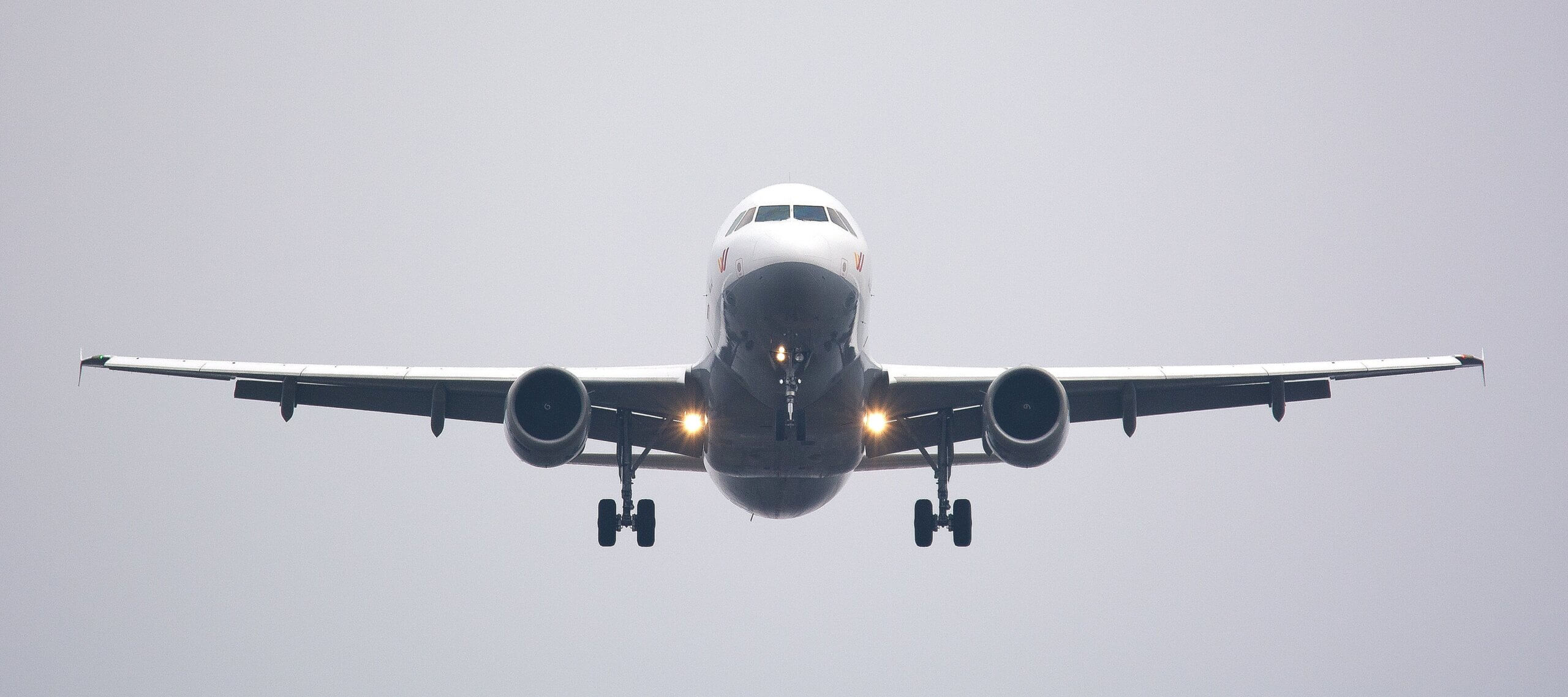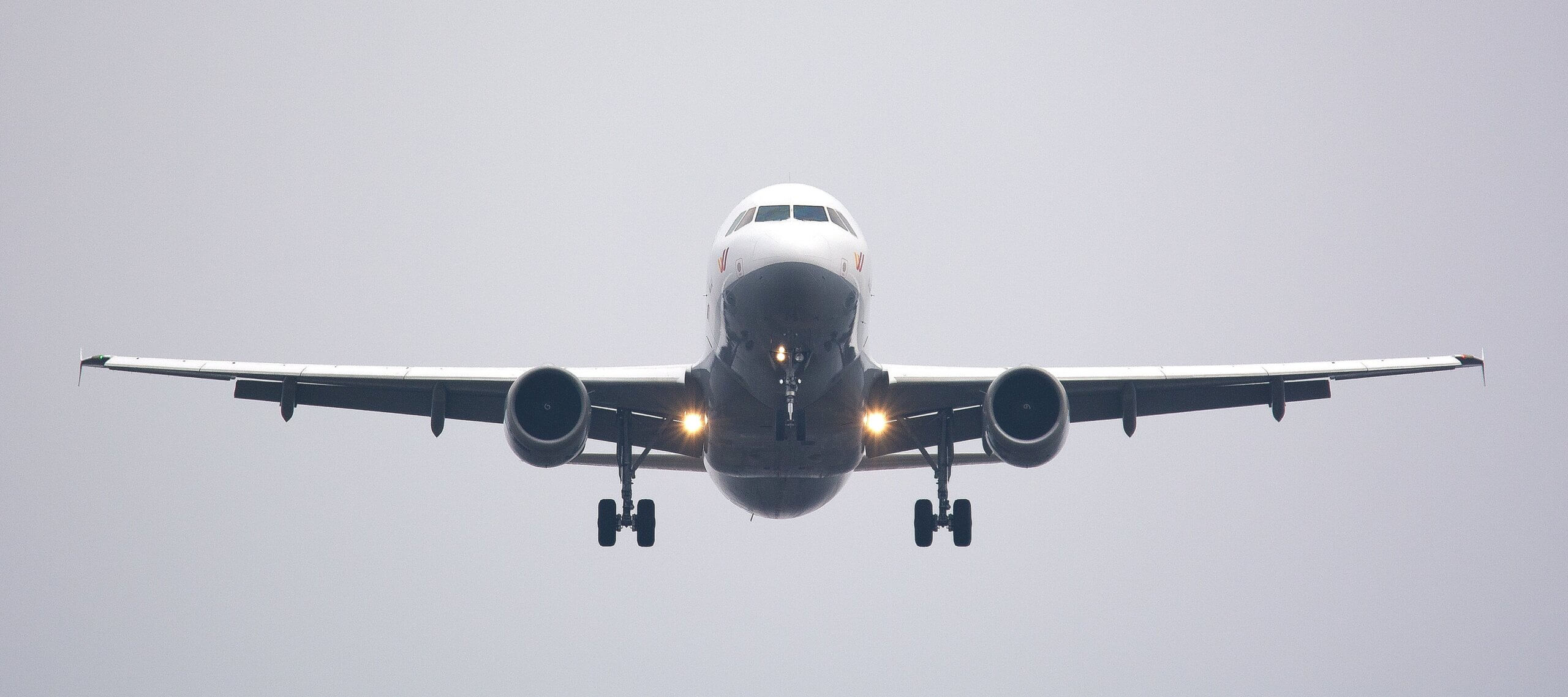China’s COMAC is out of the gates hot in the new year. The state-owned commercial aerospace champion is officially working to receive European certification for its C919 aircraft. COMAC’s European approach is a clear warning that Chinese players are nipping at the heels of legacy aerospace and defense industrial base players – and that if those incumbents want any chance at survival, they need to double down on efforts to wean off the Chinese market and cease cooperation with Chinese players.
COMAC is China’s domestic commercial aerospace champion. The C919 is its current flagship product, a narrow body jet. It is intended to compete for the market currently dominated by the likes of the Airbus A320 and the Boeing 737. The C919 made its first commercial flight in China as a part of the China Eastern Airlines fleet last spring. It has been certified by China’s Civil Aviation Administration but by no other international regulator.
Today’s commercial aerospace champions are effectively sowing the seeds of their own disruption.
Needless to say, European certification of a homegrown Chinese commercial aircraft would be a big deal. It would mark a turning point in the maturation of China’s aerospace industry. It would accelerate Chinese competition for international market share – at the same time as Beijing squeezes foreign players out of its domestic market. That spells trouble for incumbent aerospace champions, like Airbus and Boeing, as well as the national industrial bases they support. International incumbents are already being forced out of the Chinese market; are they also going to be forced out of their own?
How Beijing lures, undermines, and out-competes rivals in strategic industries
This threat is no surprise: Beijing is following in the commercial aerospace sector the same playbook it has followed across other strategic industries, including solar energy and high-speed rail. This threat is also a product of own goals on the part of the very international governments and legacy companies hurt by COMAC’s rise. Those players have, time and time again, let the short-term incentives of the Chinese market lure them into sacrificing their long-term interests.
COMAC and its partners have built the C919 based on technology provided to them by the very players they are now disrupting. The plane is powered by turbofan engines from CFM International, the GE and Safran joint venture. Its supply chain includes the likes of Honeywell, Leonardo, and Ametek.
This is a recipe for disaster for both Europe and the United States. It’s directly feeding an industrial machine intended to bankrupt legacy aerospace champions – and a security regime intent on challenging the US and Europe. It’s a fiduciary risk for the companies involved and a strategic threat to the United States and its allies.
Support for the C919, COMAC, and China’s larger aerospace industry has come with short-term economic rewards – namely market access for legacy international players. It is also a death sentence in the long run. It amounts to trading with the enemy – and one hellbent on putting them out of business. Today’s commercial aerospace champions are effectively sowing the seeds of their own disruption.
They’re also undermining their own, domestic security bases. COMAC is a commercial aerospace company. It is also a player in China’s defense industrial base and military-civil fusion program: Its technology, industrial strength, and international positioning all support Beijing’s security apparatus and the capacity of the People’s Liberation Army.
The risks and threats of working with the Chinese defense industrial base
Yet despite this – and despite growing recognition of the security and commercial risks of doing business with Chinese state champions – international governments and companies continue to sell themselves to China’s aerospace apparatus (and for a bad deal at that).
Months after the C919’s maiden commercial flight last year, Airbus expanded its production hub in China and announced increased commitments to grow its supply chain in China. Airbus COO and EVP of Special Industrial Projects Alberto Gutierrez was quoted by Chinese press at the time declaring that “Tianjin is a very important part of Airbus’s global industrial system.” During a French state visit to China in April 2023, Airbus signed new cooperation agreements with China Aviation industry partners, underscoring its larger involvement with the Chinese aerospace sector. And it’s not just Airbus and France, either. Leonardo is working with COMAC on critical components for the further afield C929 wide-body jet project.
Legacy players have, time and time again, let the short-term incentives of the Chinese market lure them into sacrificing their long-term interests.
This shouldn’t happen. This is a recipe for disaster for both Europe and the United States. It’s directly feeding an industrial machine intended to bankrupt legacy aerospace champions – and a security regime intent on challenging the US and Europe. It’s a fiduciary risk for the companies involved and a strategic threat to the United States and its allies.
Strengthening industrial base security measures
The trans-Atlantic alliance needs to prioritize fixing this problem. The recent National Defense Authorization Act codifies several useful measures. For example, Section 812 of the NDAA prohibits companies providing consulting services to the Department of Defense from partnering with Chinese industrial base customers. That provision is likely meant to target players like McKinsey and Company, which carry dodgy histories of working with PRC state-owned enterprises. But the text and spirit of that measure should also target companies that operate on the ground in China and collaborate with Chinese champions like COMAC, AVIC, and their suppliers.
International incumbents are already being forced out of the Chinese market; are they also going to be forced out of their own?
Earlier industrial base security measures – like those imposing domestic content requirements on critical mineral supply lines for DoD programs – can also be better enforced without waivers or delays in implementation. NATO and European procurement efforts should follow a similar tack to bolster trans-Atlantic industrial base and supply chain security,
And, ultimately, Western markets should recognize the risks that doing business with China’s defense industrial base invite. Those markets should impose costs on boards and management teams at companies that continue blindly to arm the enemy.
–Emily de La Bruyère and Nathan Picarsic, Senior Fellows at the Foundation for Defense of Democracies and co-founders of Horizon Advisory
(Photo by Pixabay/Pexels)




